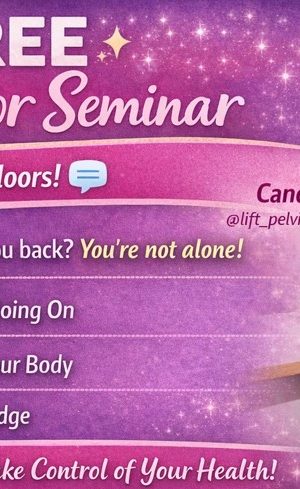Sleep is far more than just downtime — it’s a vital process that allows your body and mind
to repair, reset, and restore balance. Quality sleep supports every major system in the
body, from your muscles and hormones to your brain and immune system.

The Value of Sleep
During sleep, your body and brain go to work:
- Muscle & tissue repair: Recovery happens at night — especially during deep sleep.
- Hormonal balance: Growth hormone peaks, cortisol regulates, and appetite hormones
stabilise. - Cognitive recovery: The brain consolidates learning, strengthens memory, and clears
waste products. - Immune support: Sleep strengthens your defenses and reduces inflammation.
The Cost of Consistent Sleep Deprivation
When sleep is regularly cut short (under 6–7 hours), the effects are both immediate and
long-term.
Short-Term Impacts - Poor recovery and higher injury risk
- Reduced focus, memory, and mood stability
- Increased hunger, sugar cravings, and stress hormones
- Compromised immune function
Long-Term Risks
Ongoing sleep deprivation has been strongly linked to serious health concerns, including: - Alzheimer’s & Dementia: During deep sleep, the brain clears out beta-amyloid — a
waste protein that builds up in Alzheimer’s disease. Chronic lack of sleep allows these
toxins to accumulate, increasing dementia risk. - Heart Disease & Hypertension: Sleep helps regulate blood pressure and heart rhythm.
- Insulin Resistance & Type 2 Diabetes: Disrupted sleep affects how your body
processes glucose. - Hormonal Imbalances: Chronic sleep loss lowers testosterone, disrupts estrogen
balance, and elevates cortisol. - Mental Health: Linked to higher rates of anxiety, depression, and burnout.
Simple Strategies to Improve Sleep
Small, consistent habits make the biggest difference. Try these easy-to-implement
strategies to improve both quality and consistency of sleep:
- Set a Sleep Routine: Go to bed and wake up at the same time every day.
- Dim the Lights: Reduce screens and bright light 1 hour before bed.
- Limit Caffeine: Avoid coffee or energy drinks after midday.
- Eat Smart: Avoid heavy or very late meals; include light protein + complex carbs if
training late. - Wind Down: Stretch, read, journal, or breathe before bed — avoid scrolling.
- Keep Cool & Dark: Ideal room temp: 18–20°C with minimal light.
- Get Morning Light: Natural sunlight early in the day supports your body clock.
- Limit Alcohol & Late Training: Both can disrupt deep sleep cycles.
- Use Sleep Cues: Create a bedtime ritual (tea, magnesium, calm music).
- Aim for Progress: Even 30 more minutes each night can have big benefits.
Better sleep means better recovery, sharper focus, balanced hormones, and long-term
health. Sleep isn’t a luxury — it’s a foundation for everything you do well.
Matt Walker (Sleep expert) provides some great information (definitely worth a listen)
Spotify: Jo Rogan & Matt Walker (my original introduction to Matt Walker)
Diary of a CEO- Spotify (The 6 Sleep Hacks you NEED)
TED Talk– Sleep is your Super Power




